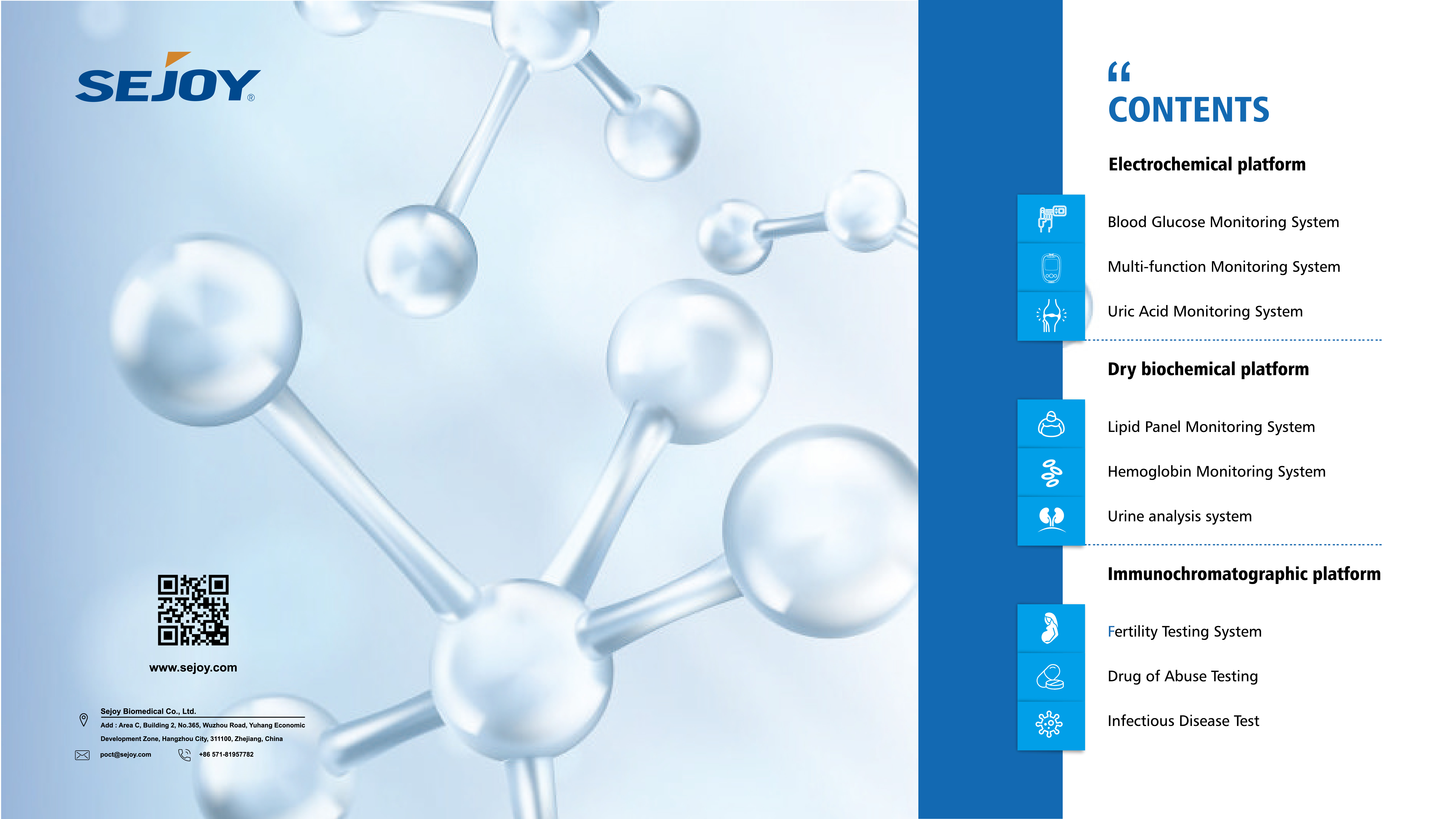Home self-test refers to the testing and diagnosis that ordinary consumers can complete at home without going to the hospital (usually requiring registration at the hospital, collecting blood, urine, feces, swabs, secretions, and other samples before sending them to the hospital’s laboratory for completion). Consumers can purchase self inspection products and complete sampling and testing at home without the need for professional medical personnel to operate. Home self-test has the advantages of better privacy, convenience, and accessibility, making it easier for people to accept testing, which also helps to reduce the overall spread of infectious diseases and early prevention of diseases. Early screening and early detection. Early prevention and treatment, practicing a healthy lifestyle, and being the first person responsible for one’s own health.
What is a household in vitro diagnostic product?
Household in vitro diagnostic products refer to portable, compact, and easy-to-use in vitro diagnostic testing products used in households. These products can be used to detect samples such as fingertip whole blood, urine, feces, swabs, etc., in order to quickly diagnose various diseases or monitor health status.
Household in vitro diagnostic products are often popular among consumers due to their ease of operation, low cost, portability, speed, high accuracy, multiple purchasing channels, and good confidentiality.
What is the practical significance of household in vitro diagnostic products?
1. Health screening and disease prevention. Conduct physical examinations on the subjects to understand their physical health status, detect disease clues and potential health hazards in the early stages. Some diseases have a relatively long incubation period and may have subtle or even asymptomatic symptoms in daily life. Once discovered, it may be too late and miss the best treatment opportunity, ultimately leading to the development of major diseases.
2. Disease monitoring and medication guidance. By using household in vitro diagnostic products to scientifically detect physiological indicators of the human body, it is possible to effectively monitor the health status of the human body and provide ideas and directions for seeking medical treatment when symptoms appear.
Sejoy Family Self Test Project Appendix:
Blood glucose: Blood glucose (GLU)
Ketoacetic acidosis: blood ketones
Gout: Uric acid (UA)
Blood lipids: triglycerides (TG), total cholesterol (CHOL), high/low-density lipoprotein (H/LDL)
Anemia: Hemoglobin (HB)
Urinary routine 14 items: Leukocytes, Nitrate, Urobilinogen, Protein, pH, Blood, Specific Gravity, Ascorbic Acid, Ketone, Bilirubin, Glucose, Micro Albumin, Creatinine, Calcium
Respiratory series: novel coronavirus antigen/antibody, influenza A/B virus (FluA/B), mycoplasma pneumoniae IgM antibody (MP IgM), mycoplasma pneumoniae IgG antibody (MP IgG), chlamydia pneumoniae IgM antibody (CP IgM), respiratory syncytial virus antigen (RSV), etc
Infection self-test: Helicobacter pylori (HP) antigen, Treponema pallidum (TP) antibody, Dengue virus NS1 antigen, Dengue virus lgG, lgM antibody, Plasmodium falciparum (pf), Plasmodium falciparum (pan, etc.)
Digestive tract series: Helicobacter pylori (HP) antigen/antibody, etc
Eugenics and fertility: human chorionic gonadotropin (HCG), luteinizing hormone (LH), follicle stimulating hormone (FSH)
Post time: May-16-2024


